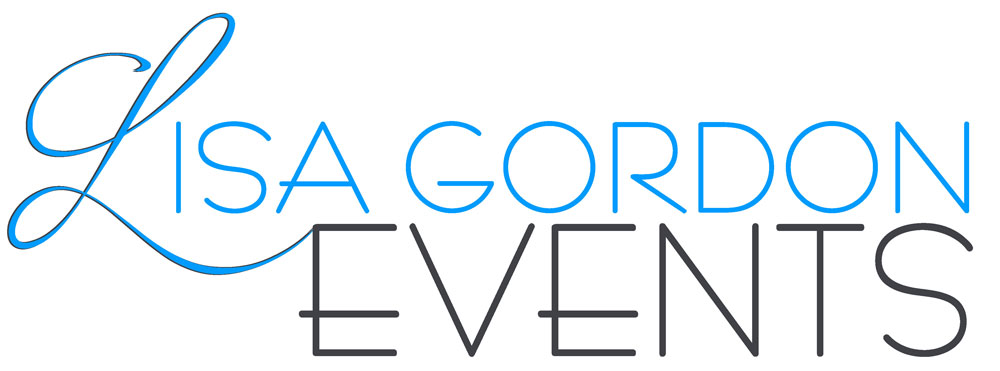
One step in the process of wedding planning: decor. Photo courtesy of Agnes Malorney.
When a cousin of mine announced his engagement a few years ago, I wrote a little something to help them get started planning:
Dear Cousins,
Thanks for asking about how to get started with your wedding planning and where to find a planning checklist. There are probably 100 to be found on the internet and in wedding magazines. They are all a lot alike. I think the best thing to do is to take any random one you find and tailor it to your own use. For myself, I would put it into an Excel spreadsheet, but there are lots of ways to make it useful. Delete all the things that don’t apply to you. If you don’t know yet if something is relevant, hang onto it for now and see if it is needed. And take with a pinch of salt the exact timing recommended by any checklist. You can adjust it to suit you.
At this point, the three or four things you probably need to be working on are all interconnected: date of the wedding; location of the ceremony; officiant, if that doesn’t come with the location; location of the reception (assuming you are having a reception–I make no assumptions); and finding a caterer for the reception (assuming ditto). Of course, there are a lot of other decisions you will need to make in order to make those few decisions, so you may end up working backwards a little and then going forwards. (For example, you probably have to have some idea of how many people are on your guest list before you start looking for a venue.) After you have that framework in place, then you can look for other vendors to help you: florist; photographer; wedding coordinator; clothing; rings; jewelry, etc.. Then it will be time to work on decorative stuff (assuming you aren’t planning to do it all yourself–because if you are, you needed to start on that yesterday): invitations (functional as well as decorative, of course!), any other paper goods, reception decor, if any, etc. After that, there will be a lot of little details.
I will caution you about two things: There is the thing that NPR’s Car Guys call the Wedding-Industrial Complex (or the “Marital-Industrial Complex”). It is real and it can be dangerous. It is the bridal industry’s marketing machine that wants you to believe that you can’t have a wedding without having all the stuff provided by all the various vendors. Don’t buy into it. It’s not true. All you really need in order to have a wedding is the two of you and someone who can sign the paperwork–and in some states you need witnesses. Everything else is optional. I like to advise my clients to do the things that have some meaning for them and to skip anything else (unless it makes their parents happy, for instance). So, don’t believe the hype. Just do the things that will make you happy.
And here’s the other thing: There are a lot of scams in the wedding industry. There are unscrupulous vendors who know that you’ve never done this before, and they will not hesitate to jack up prices or insist that you do things their way. But there are also lots of vendors who will help you to do what you really want to do. Make sure you find those and steer clear of the others. Trust your instincts. If it doesn’t smell right, it probably isn’t right.
Take a look at this previous post of mine, this one and also this one for some tips on how to protect yourself against some of the most common scams and pitfalls of the wedding industry. And feel free to keep asking. It’s my pleasure to help you two have a wonderful wedding!

Recent Comments